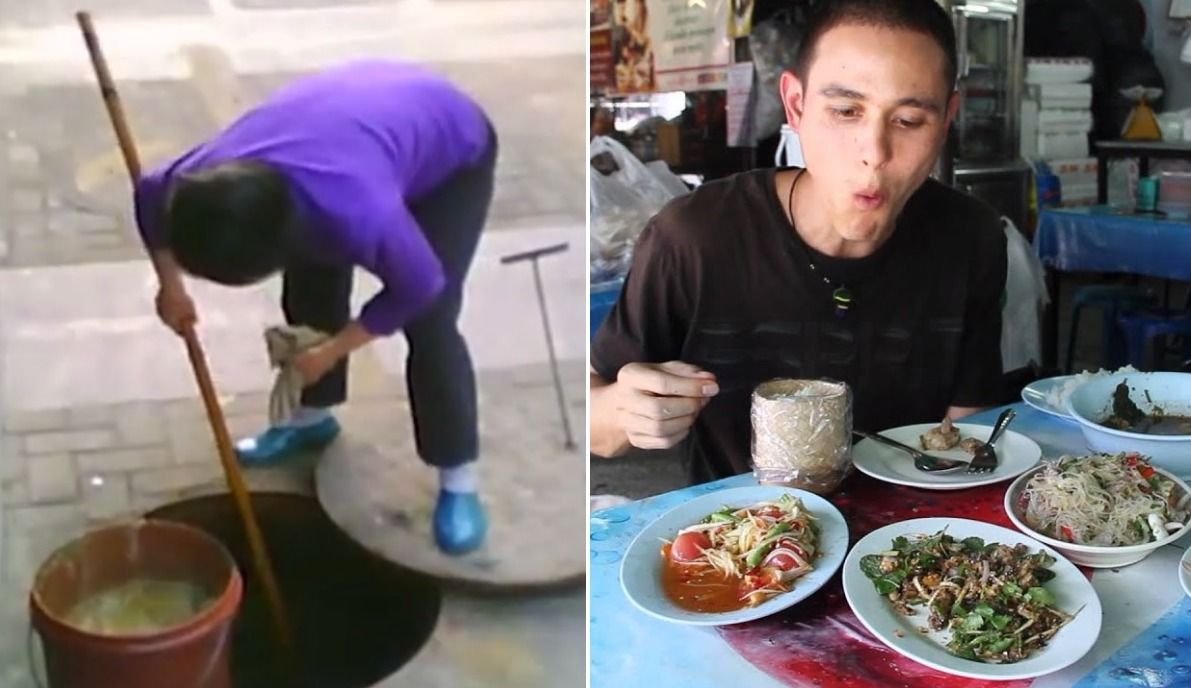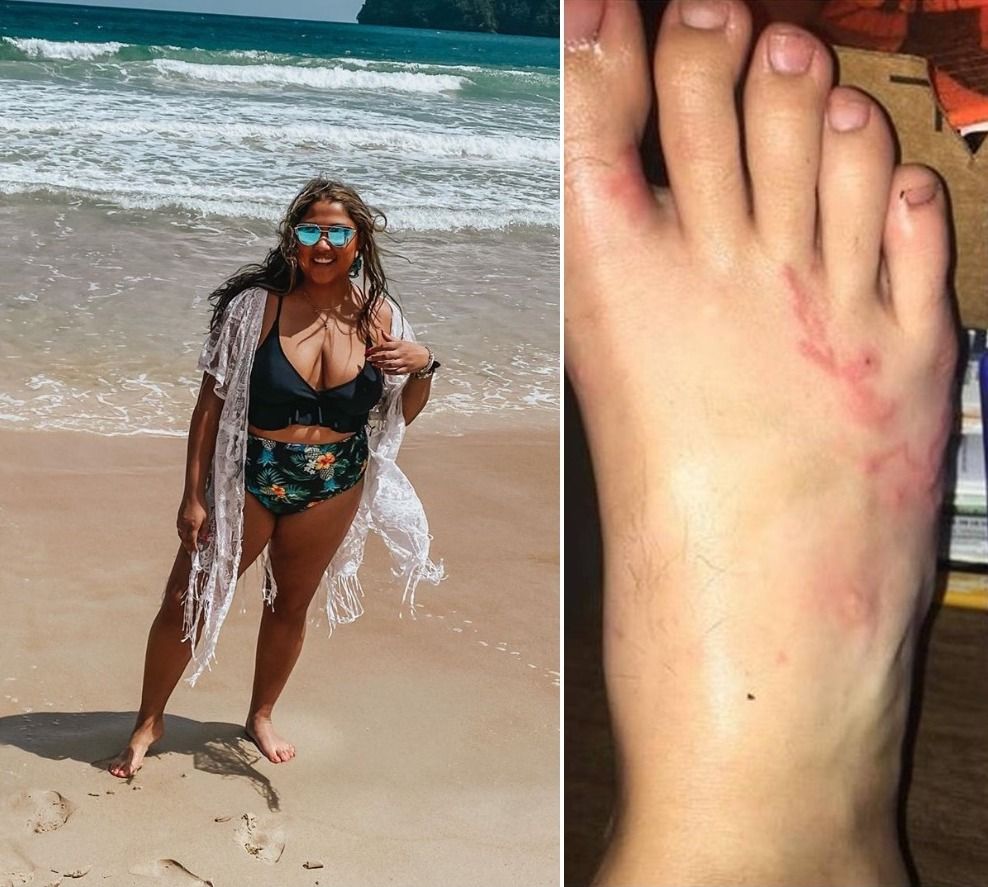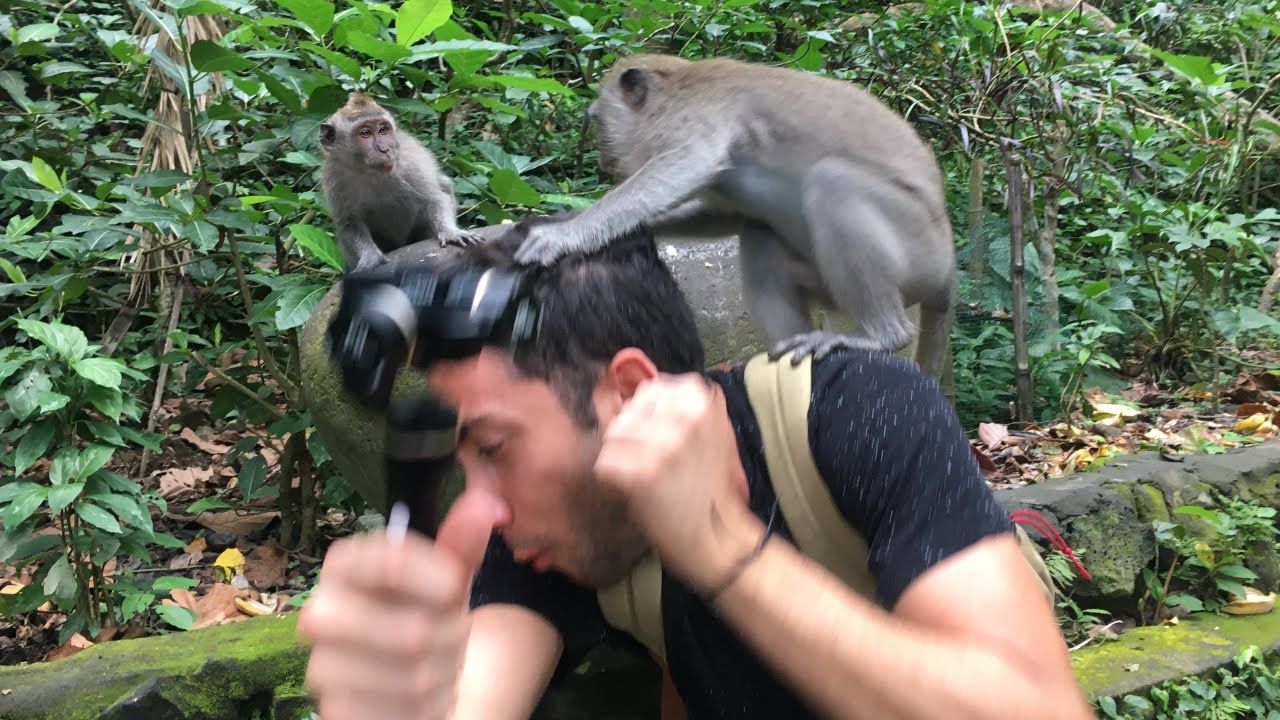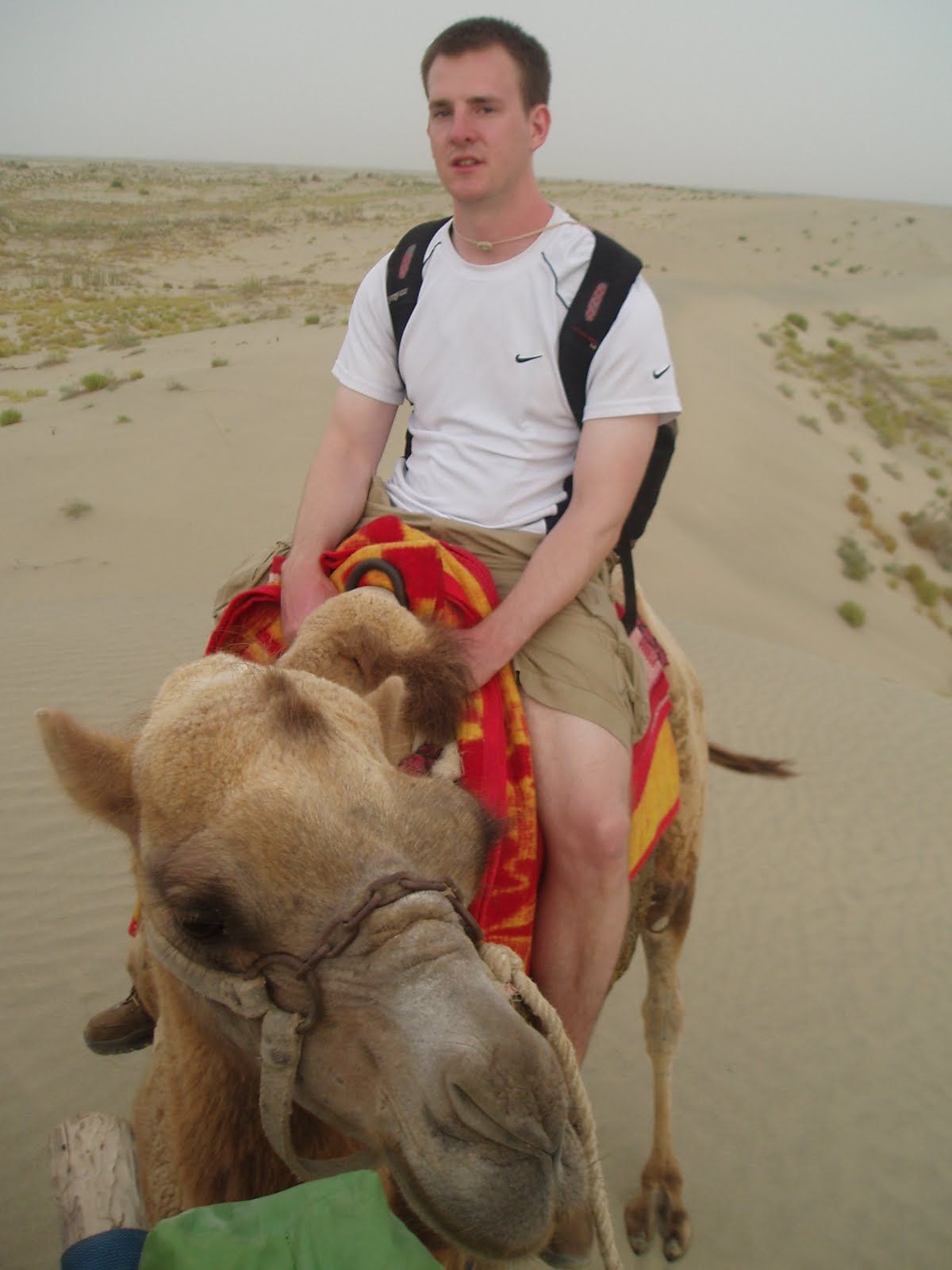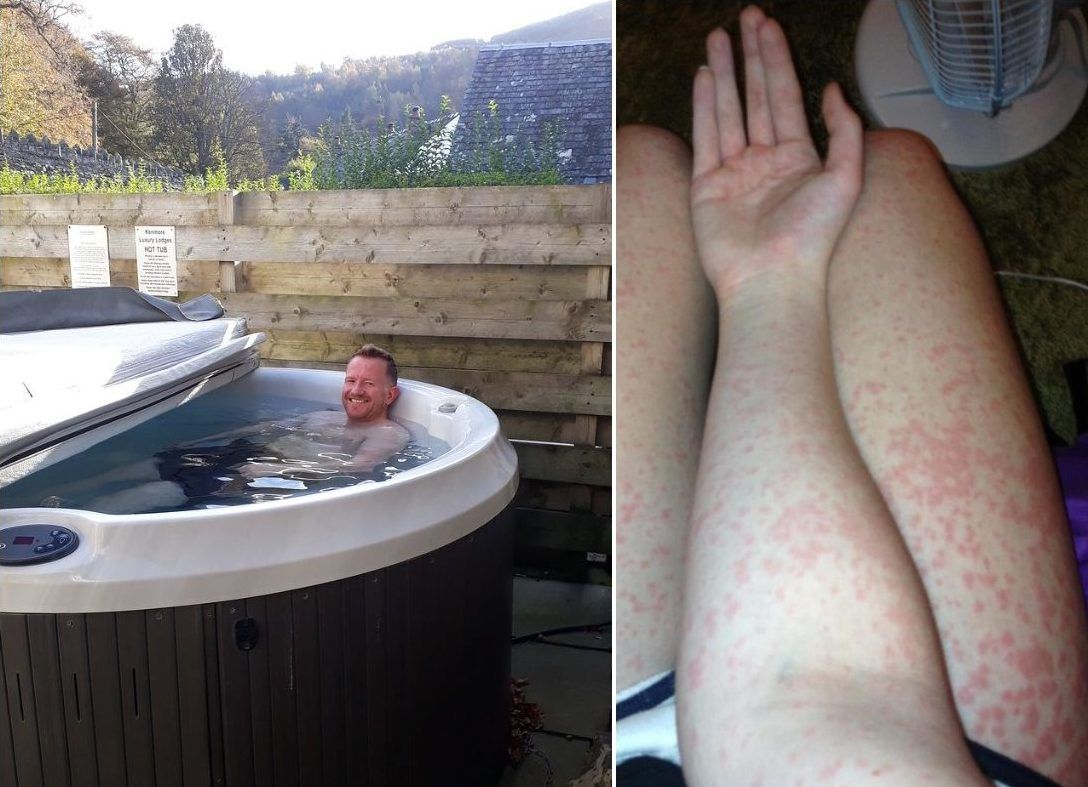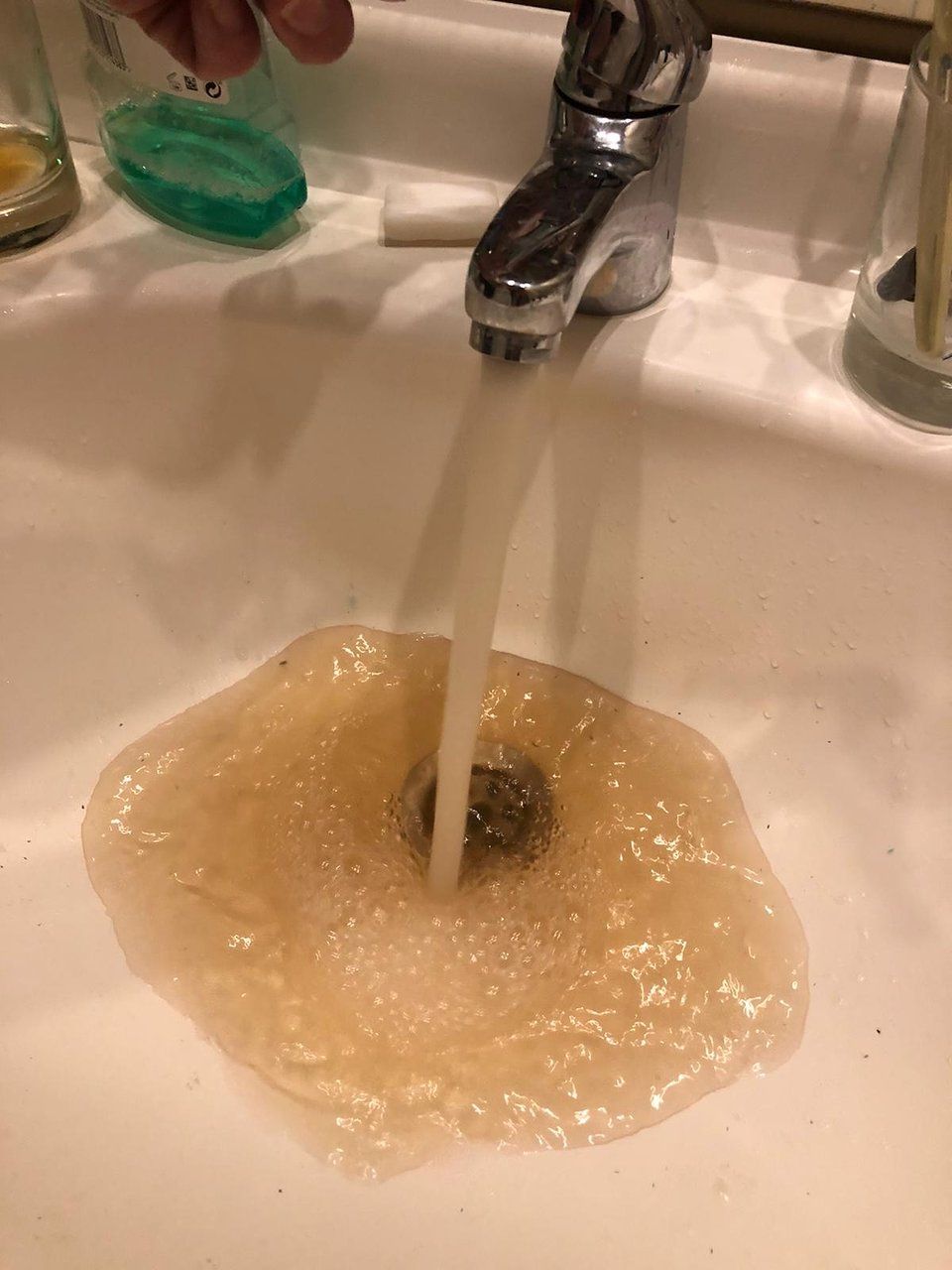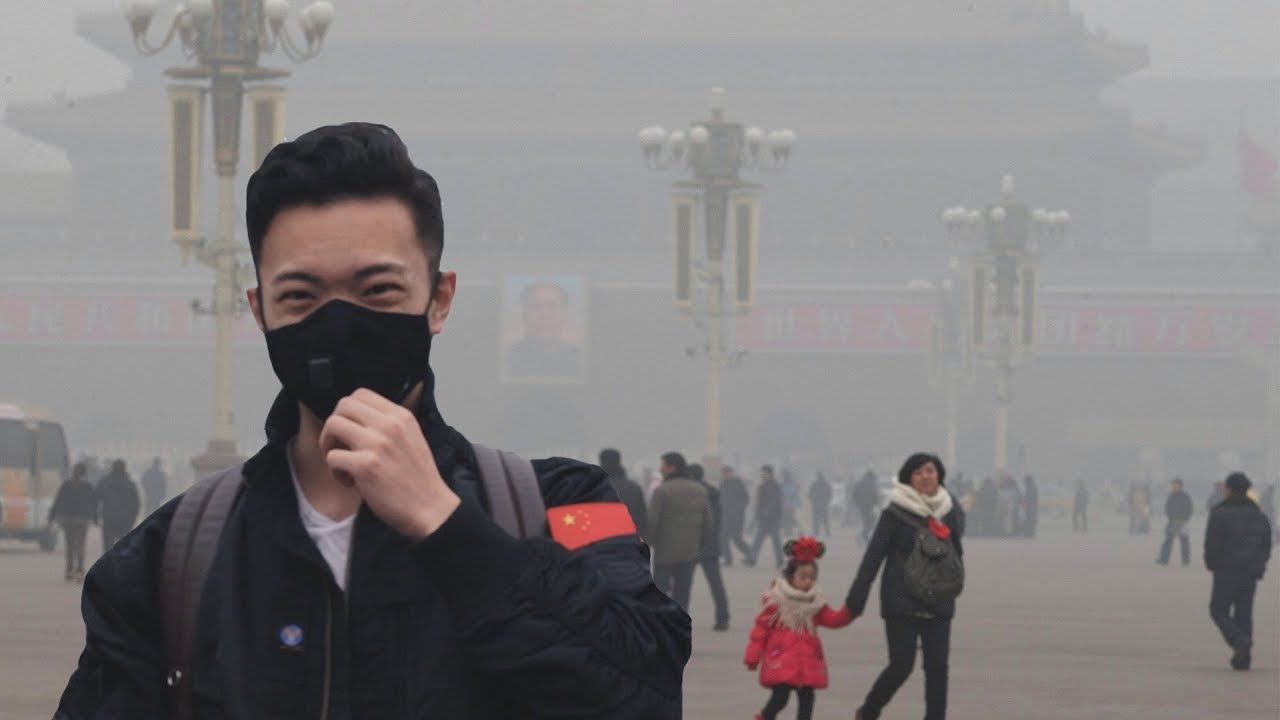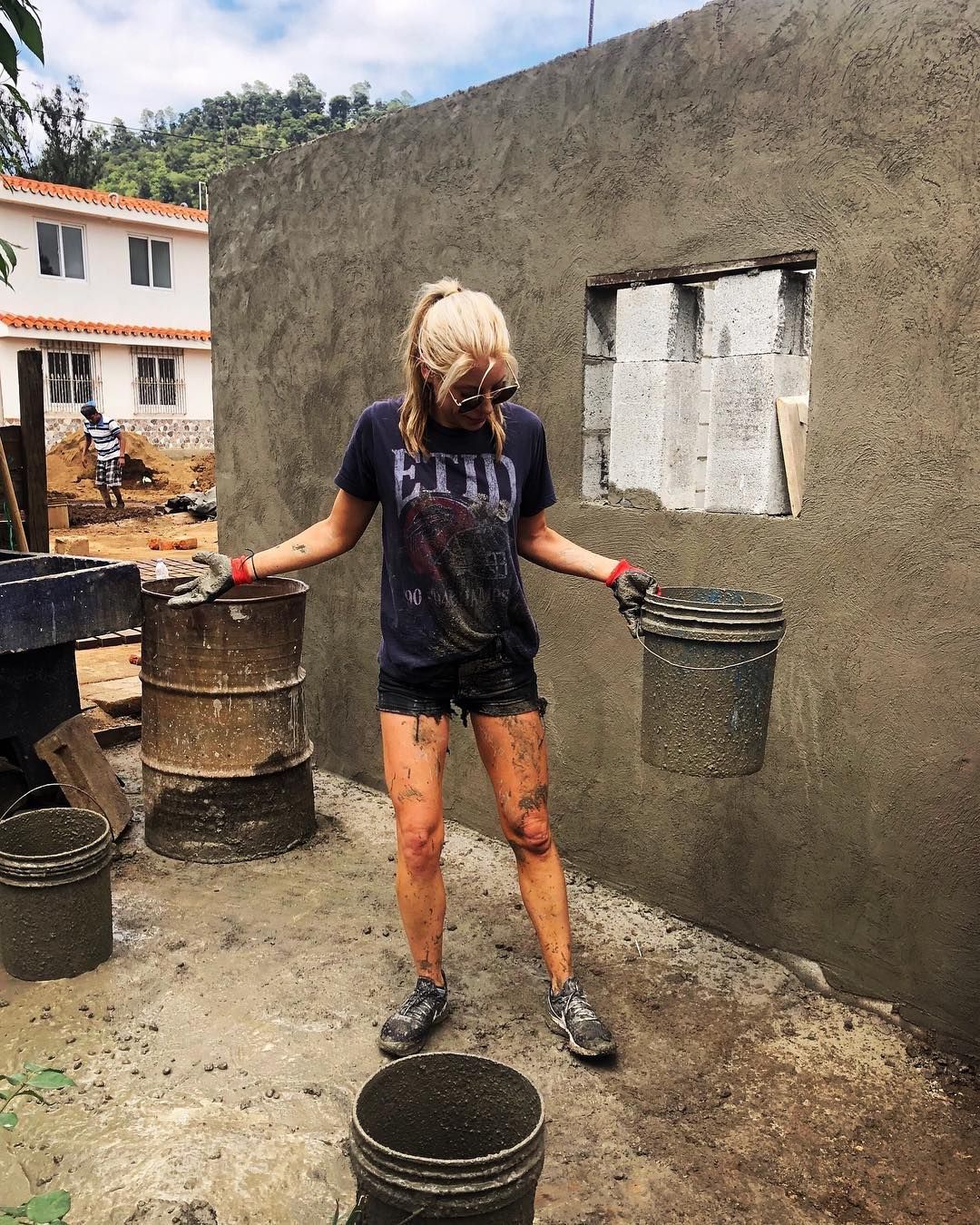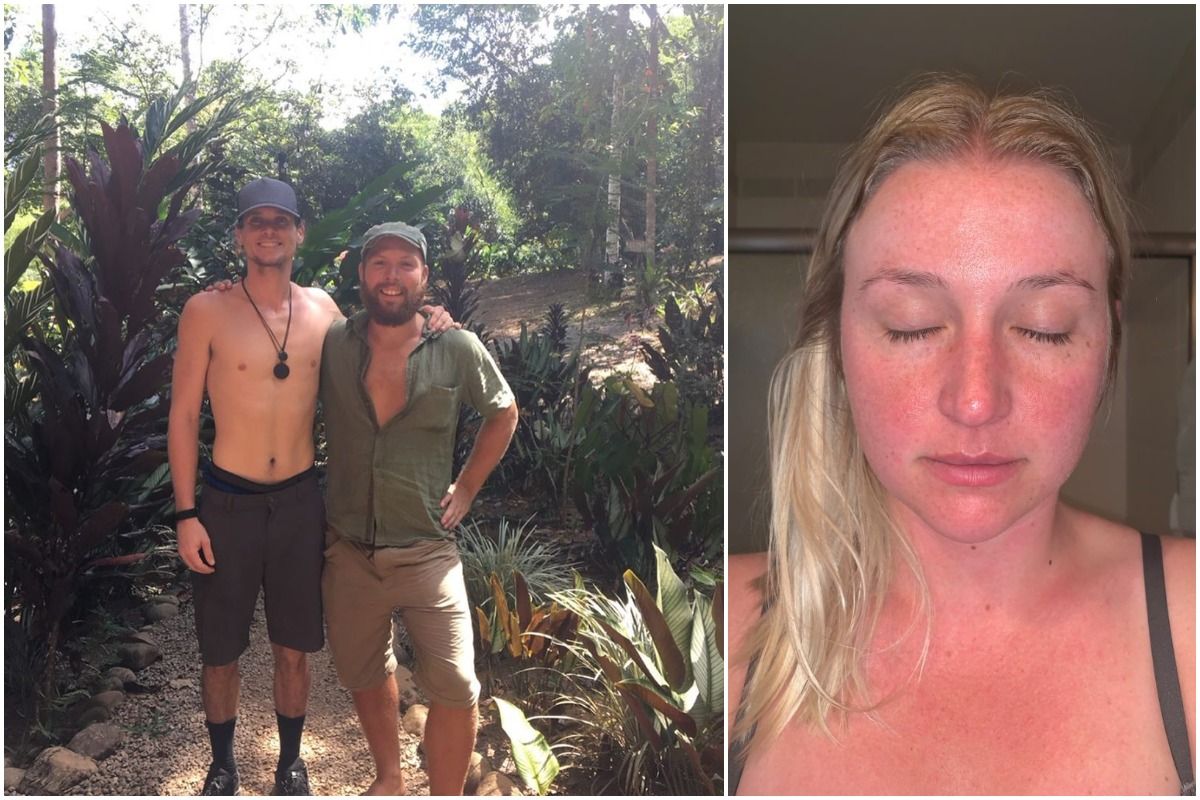A sneaky little virus is enough to take a tourist out for two weeks. Just long enough to miss out on an entire vacation. It doesn’t have to be serious. Food poisoning can get so debilitating that it makes a tour through Paris seem like work and turns cruising down the calm Seine into torture. That's the best-case scenario. Tourists can pick up lifelong illnesses in some of the world’s most popular destinations.
Travelers often fall sick while on the move because they don’t know what to look out for. This list should shine some light on lesser-known, but common reasons for travel illness and also provide ways to avoid it. It turns out that in most cases, the answer is quite simple.
12 Accidentally Ingesting Gutter Oil
Discarded grease descends into sewers where it’s dredged up and refined into cooking oil. This “gutter oil” is then used to concoct tasty roadside snacks in much of South Asia. Research government regulation in any region you plan to visit to decrease the chances of consuming this toxic sludge.
11 Critters Love To See Bare Feet on the Beach
The squiggly red line seen in the foot on the right is actually the trail of a hookworm wriggling beneath an unlucky beachgoer's skin. These parasitic nightmares are encountered in hot, moist areas. Also known as everyone’s favorite Caribbean beach. Merck Manuals simply recommends wearing shoes to stay safe.
10 They Mistake Nature Park Monkeys For Friends
Videos of smart little monkeys trading stolen goods for food in Bali make these rascals seem so human. In reality, they’re just as wild as any other undomesticated animal. They scratch, they bite, and they can carry diseases. Keep back and let the monkeys do as they please.
9 Unregulated Milk Is The Quickest Route to Foodborne Illness
U.S. milk must undergo pasteurization, a process meant to deal with salmonella, E. coli, and other nasty bacterias. The same isn’t true for popular tourist destinations such as France. While the CDC labels it a serious risk, it’s the traveler’s decision to avoid this one or not.
8 Camels Spread A Unique Strand Of Coronavirus
Coronaviruses have been appearing and disappearing for decades. SARS was once the biggest name, then camel flu, and now COVID-19. Camel flu outbreaks occur infrequently these days, but its incurability still makes it terrifying. The CDC encourages handwashing and discourages face touching to avoid contraction.
7 Inexpensive Spas Come At A Discount For A Reason
Despite the name “hot tub rash,” the angry red bumps seen above can be caused by a swimming pool too. There’s nothing inherently wrong with these resort favorites. Healthline points the finger at improper maintenance. Sticking to reputable hotels should help to stave off this type of infection.
6 Scammers Fill Water Bottles With the Local Tap Water
Crafty vendors will open sold water bottles before the customer can realize that the seal was already broken. If you’re visiting a country where the tap water is unsafe to drink, the CDC recommends beverages that are hot or carbonated. Liquors should be fine at any temperature.
5 Just Breathing Can Be Enough
Tourists trudging through smog-laden cities can experience sudden throat and chest irritation, according to Healthline. Symptoms for asthma suffers can be unbearable. Keep an eye on the Air Quality Index to know when the weather will be at its worst and take after the locals: wear a face mask.
4 Volunteers Do Humanitarian Work In Risky Conditions
Humanitarian projects often bring volunteers into tropical climates where construction zones are slick with wet dirt. That’s just the kind of environment where tetanus bacteria thrive, says the CDC. All it takes is a small scrape to grant the infection entry.
Related: 23 Countries That Are Great Options For Volunteering And Exploring
3 Resort Alcohol Can Come With A Dash Of Poison
Irresponsible vendors may dilute high priced alcohol with toxic substances such as methanol or rubbing alcohol. Instances have been reported in both Costa Rica and Mexico to name a few locations. An expert who spoke with USA Today suggested choosing premixed drinks or purchasing your own alcohol at the airport.
Related: Not Interested In Alcohol? These 20 All-Inclusive Resorts Don’t Factor Drinks Into Their Price
2 Bird Flu Is Still A Big Deal In Some Countries
Bird flu comes in waves. Even in regions where it’s prevalent, such as India and Indonesia, tourists don’t always have to be concerned. If your desired destination is currently facing an outbreak, listen to the CDC’s advice: don’t touch any birds, eat undercooked meats, or eat dishes containing animal blood.
Related: 10 Largest Bird Sanctuaries In The World (And Where To See Them)
1 Skipping Preventive Medicines Because Of Side Effects
Vaccines have already been discovered for many common illnesses. While vaccine prices can be high and side effects can be annoying, those of life-threatening diseases are usually much worse. Visit a doctor before traveling to unfamiliar countries to find out which (if any) vaccines you should receive.
Next: 10 Ways To Stay Healthy On Vacation (And 10 Things To Be Avoided)

